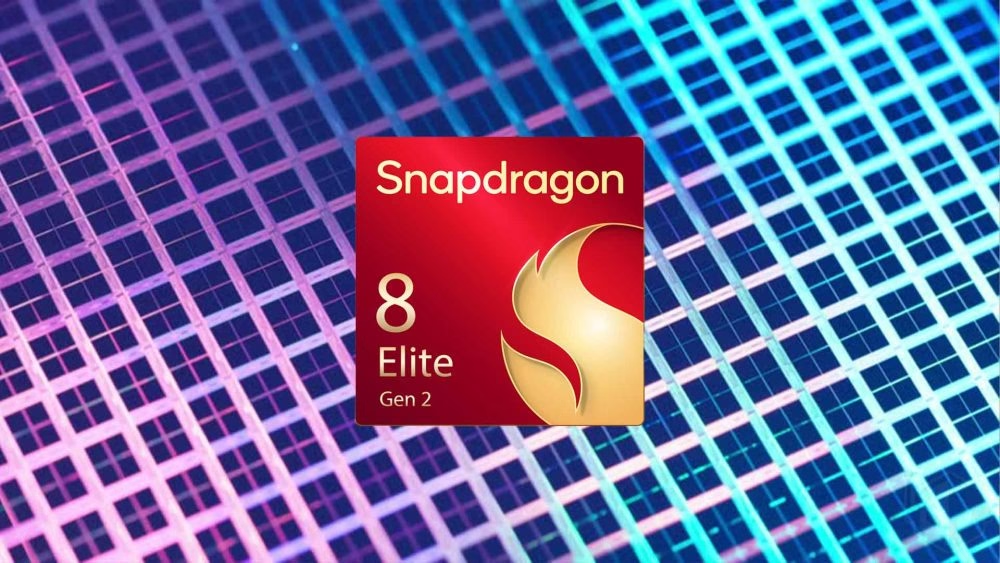(Reuters) – Apple (AAPL.O) announced on Tuesday its intention to meet France’s radiation testing requirements by introducing an update that will restrict the power consumption of the iPhone 12 when it comes into contact with static surfaces.
France’s regulatory authorities had previously reported that the iPhone 12, available on the market for three years, emitted radiation levels exceeding permissible limits, leading to the suspension of the device’s sales.
In its most comprehensive explanation to date, Apple clarified the differences between the findings in France and those in countries where the iPhone 12 has been approved for sale.
In a detailed article posted on its website, Apple revealed that iPhones have been equipped with sensors for over a decade to detect their proximity to a user’s body, allowing the device to maintain lower transmission power. When the phone is not in close proximity to a body, such as when it is resting on a table, it utilizes slightly higher transmission power.
Apple argued that the testing procedure conducted by L’Agence Nationale des Frequences did not account for this specific feature. As a response, Apple issued a forthcoming software update, which will be made available to users in France this month. This update will disable the body-detection technology, ensuring that the iPhone operates at lower transmission power levels consistently.
Apple emphasized in a statement that the iPhone 12 remains safe to use, even without the software update. They reaffirmed that the device was initially certified to meet global energy transmission regulations and standards upon its launch in 2020, and no alterations have been made since then that would affect its energy transmission.



